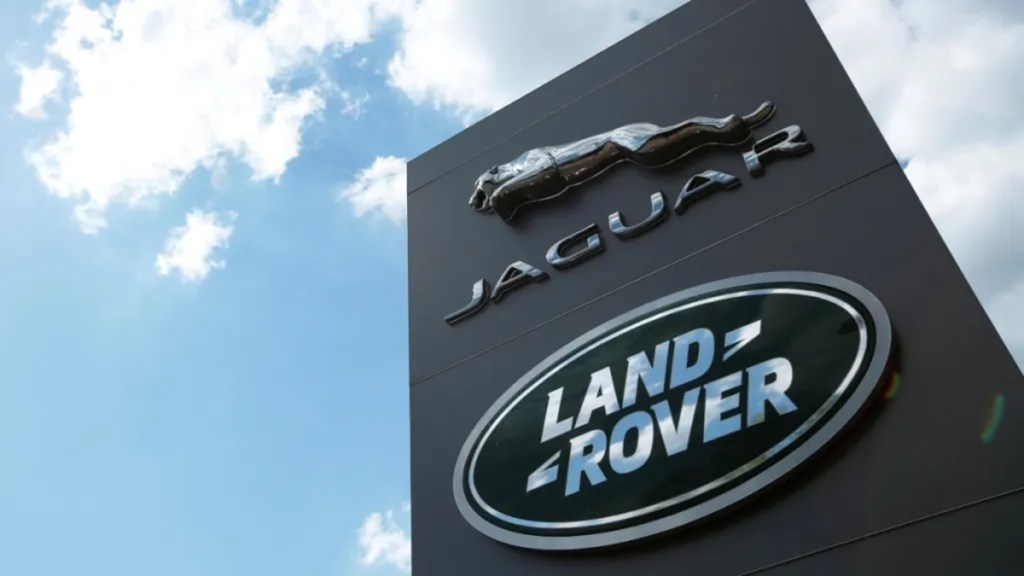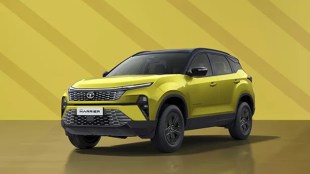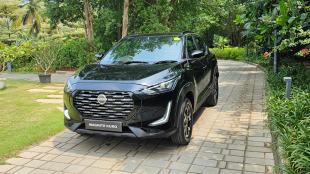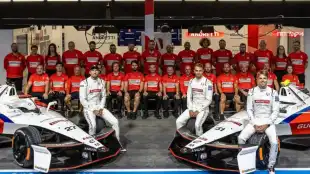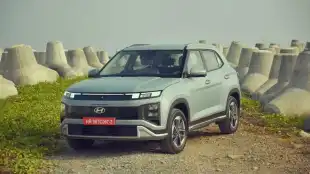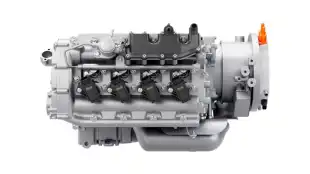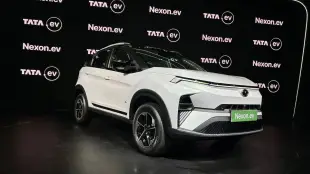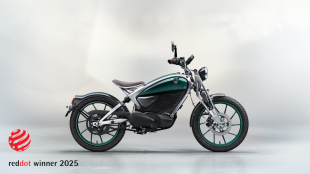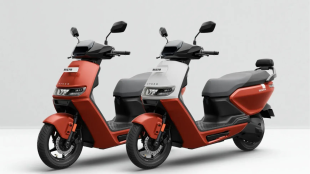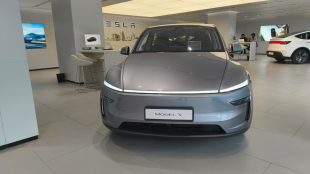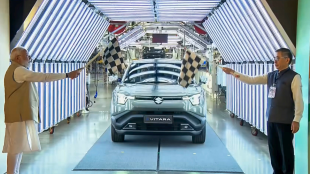Jaguar Land Rover (JLR), the British luxury carmaker owned by Tata Motors, has sharply lowered its earnings forecast for FY26 and delayed the launch of its EV battery plant in the UK by a year. The decisions come amid growing demand uncertainties in key international markets, including the US and China.
During its Investor Day event held in the UK on Monday, JLR revised its earnings before interest and taxes (Ebit) margin outlook for FY26 to a range of 5–7%, a significant drop from the 10% projection it had shared last year. This updated forecast also marks a decline from the company’s recent performance, with Ebit margins of 8.4% reported for both FY25 and FY24. JLR had previously outlined an ambitious long-term goal of achieving a 15% Ebit margin under its ‘Reimagine’ strategy.
The announcement triggered a negative reaction in the markets. Shares of Tata Motors tumbled by as much as 5.5% on the BSE in early trade before settling at Rs 686.7, down 3.56% from the previous close on Friday.
JLR also announced a revised timeline for its EV battery manufacturing plans. Agratas, a Tata Group firm spearheading the project, has postponed the operational launch of the UK’s largest EV battery plant to 2027. Initially announced in early 2024, the facility was originally expected to begin production in 2026. Once complete, the 40 GWh-capacity plant will play a key role in JLR’s shift toward electrification.
Despite the pushback in project timelines and margin pressures, the company has not altered its capital expenditure plans. Between FY26 and FY28, JLR intends to invest approximately £3.8 billion, in line with its previously stated commitment of £18 billion under the Reimagine programme.
JLR’s chief financial officer, Richard Molyneux, emphasised that the company expects to maintain a stable free cash flow (FCF) position, mirroring the £1.8 billion generated in FY25. “We are delivering on our promises. We are anticipating resilient financial performance in the face of macroeconomic uncertainty. We remain committed to our investment plans. We will grow and protect Ebit,” he said during the event.
In the US, JLR’s largest market, a new trade agreement signed in May will soon reduce tariffs on UK-imported vehicles, offering potential relief amid softening demand. The Range Rover and Range Rover Sport, which are JLR’s most profitable models, remain strong sellers in the US. However, the company briefly paused shipments to that market in April, redirecting inventory to more profitable regions.
Meanwhile, JLR’s performance in China continues to disappoint. Once a dominant market for the company, China remains under a cloud of economic uncertainty. In FY25, JLR’s wholesale volumes in the country fell by 10% compared to FY24, even as global volumes held steady at 401,000 units.
Looking ahead, JLR plans to revive the Freelander brand with an all-electric model set to debut in the second half of 2026. The company stated the new vehicle will enter a different segment, marking a fresh direction for the discontinued nameplate, which last rolled off production lines in 2015.
